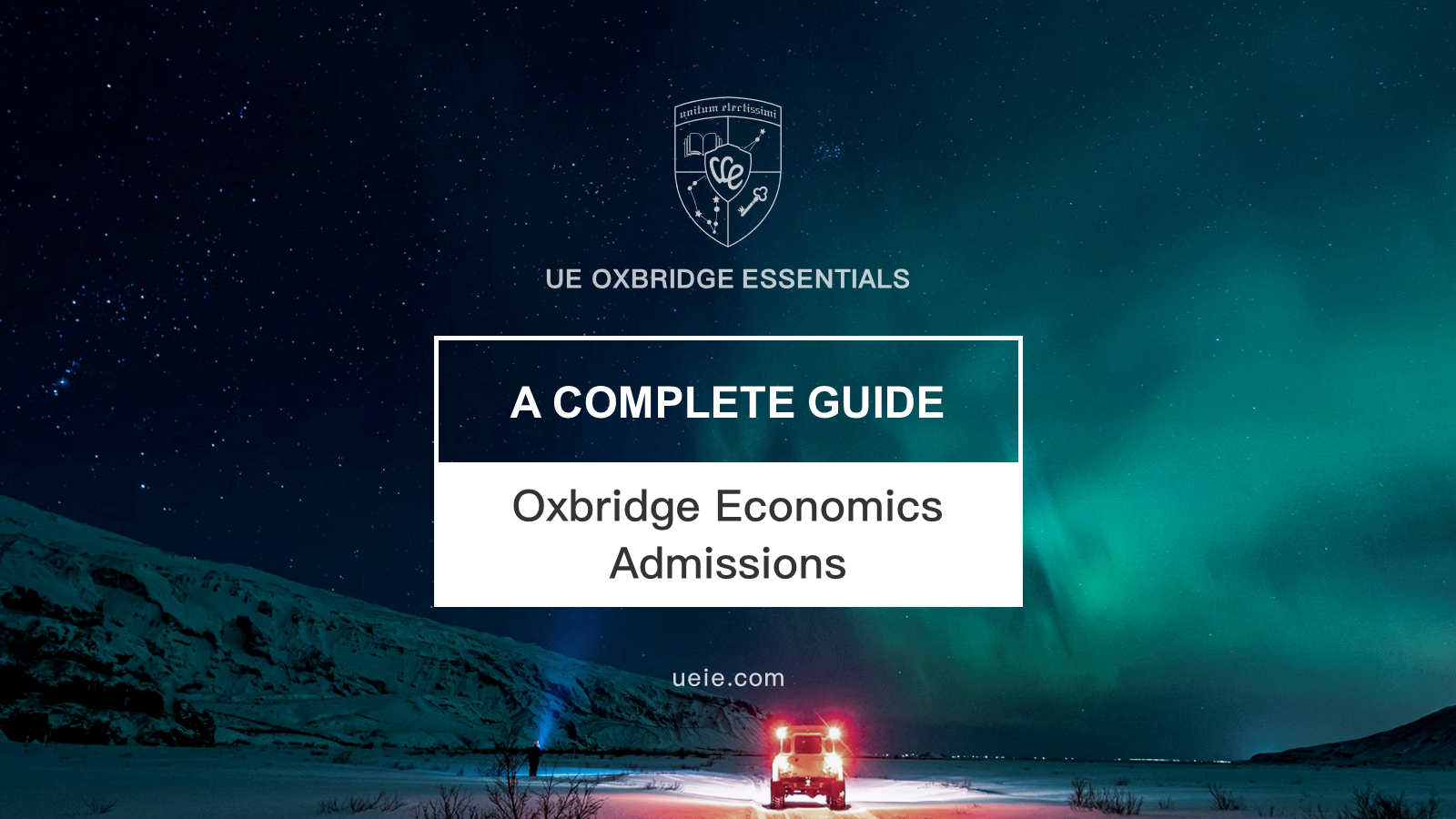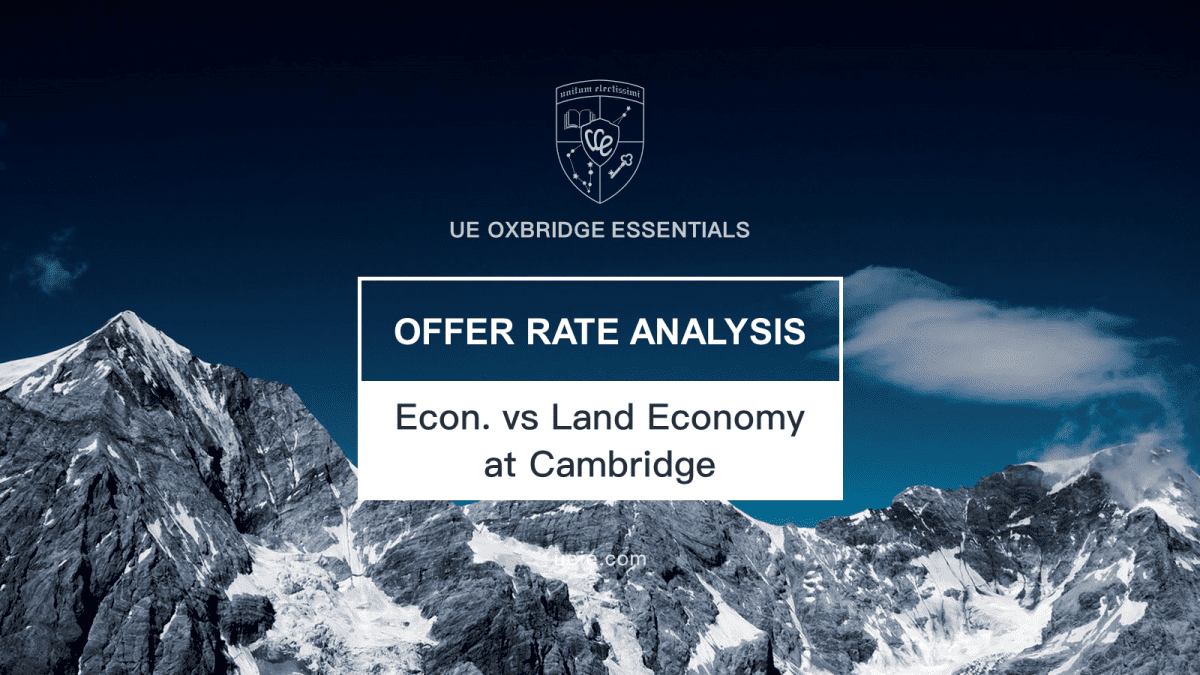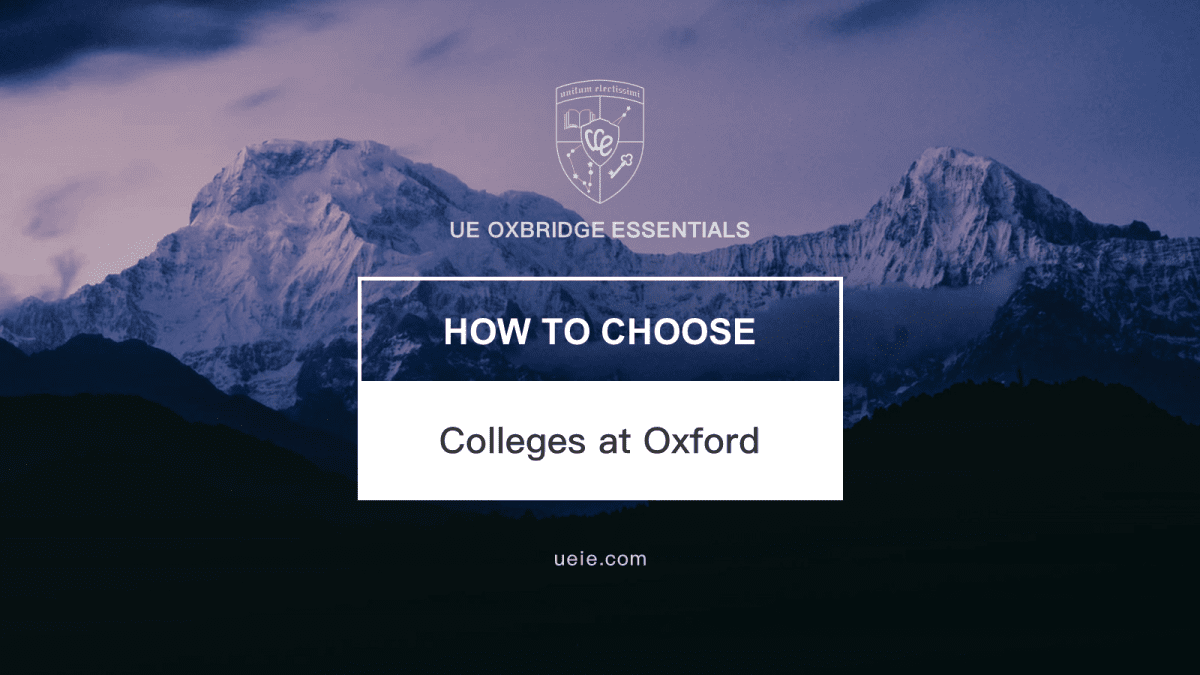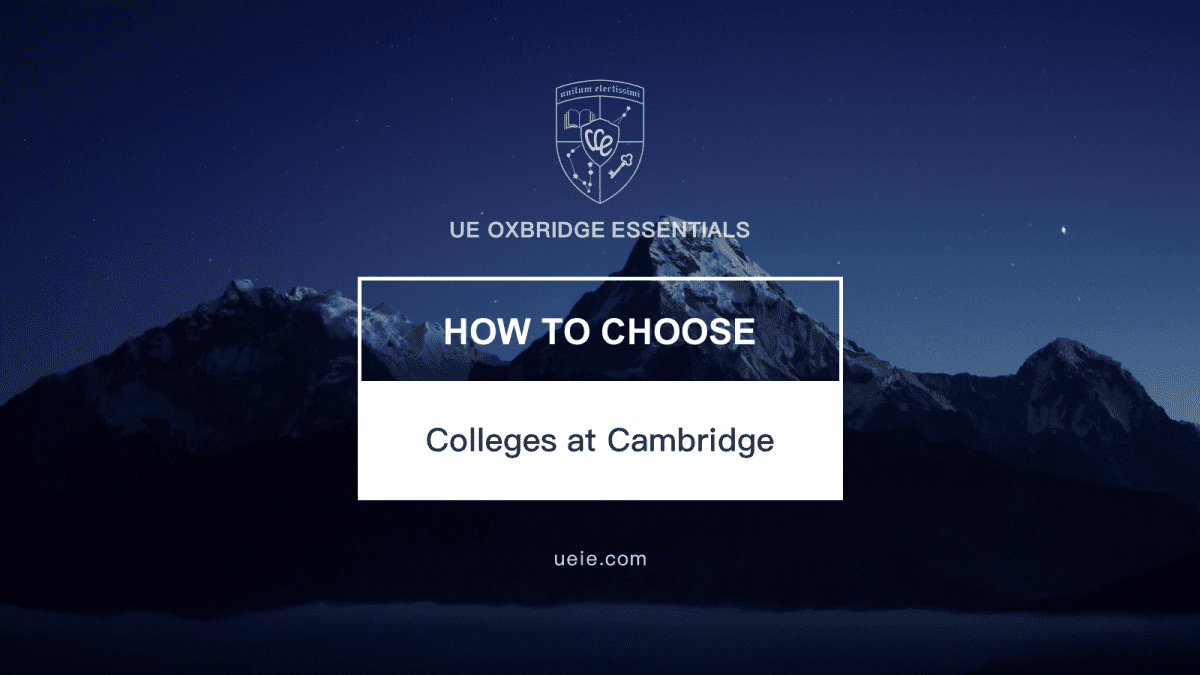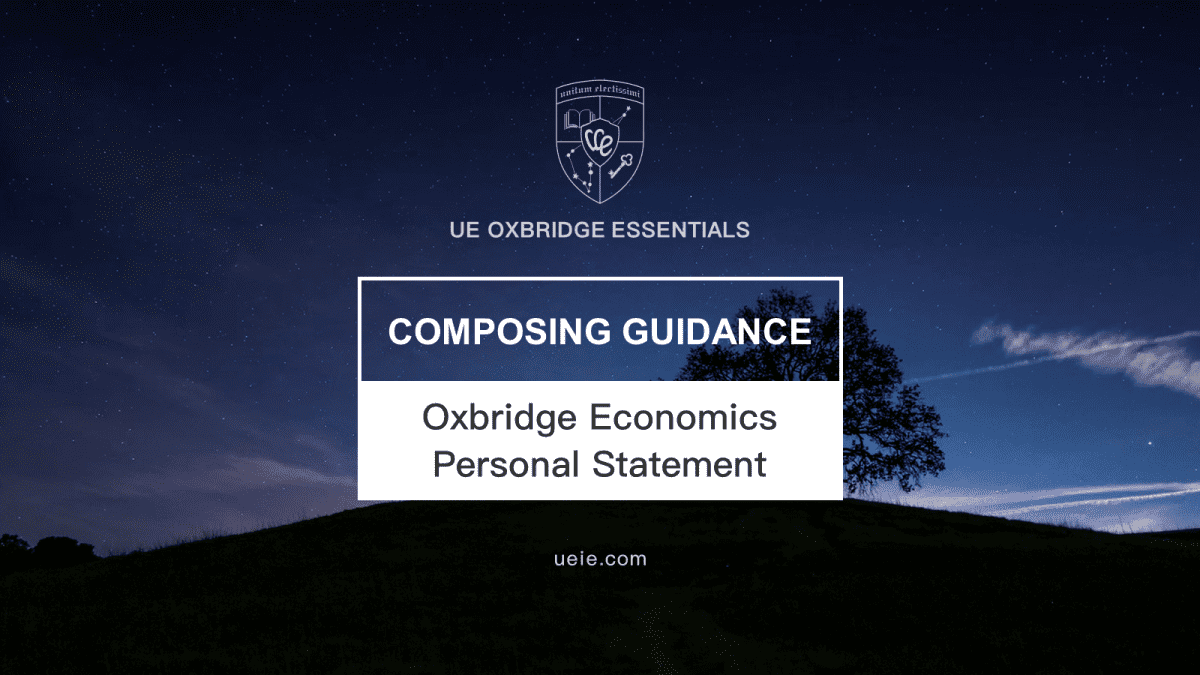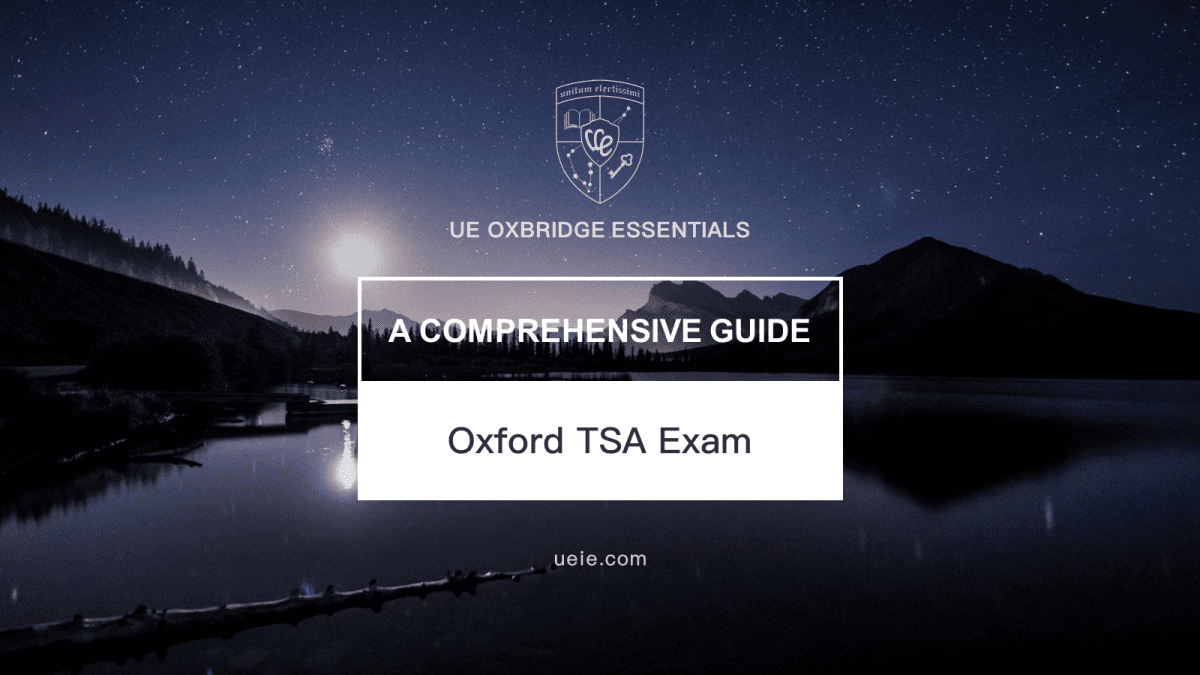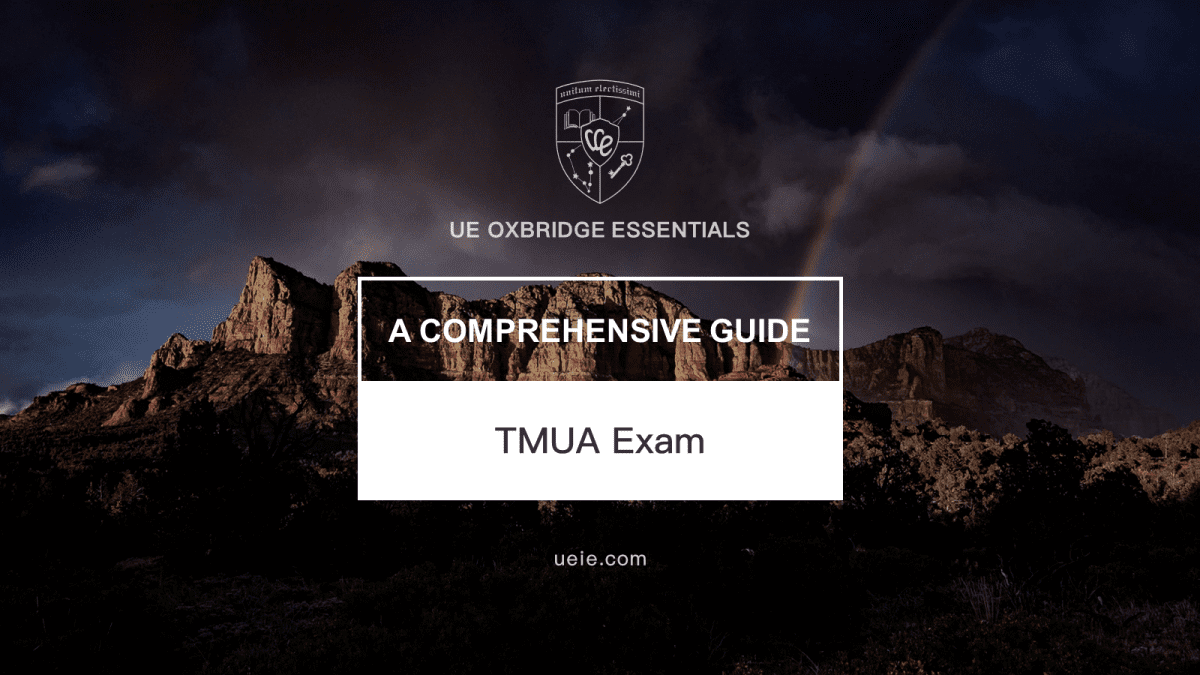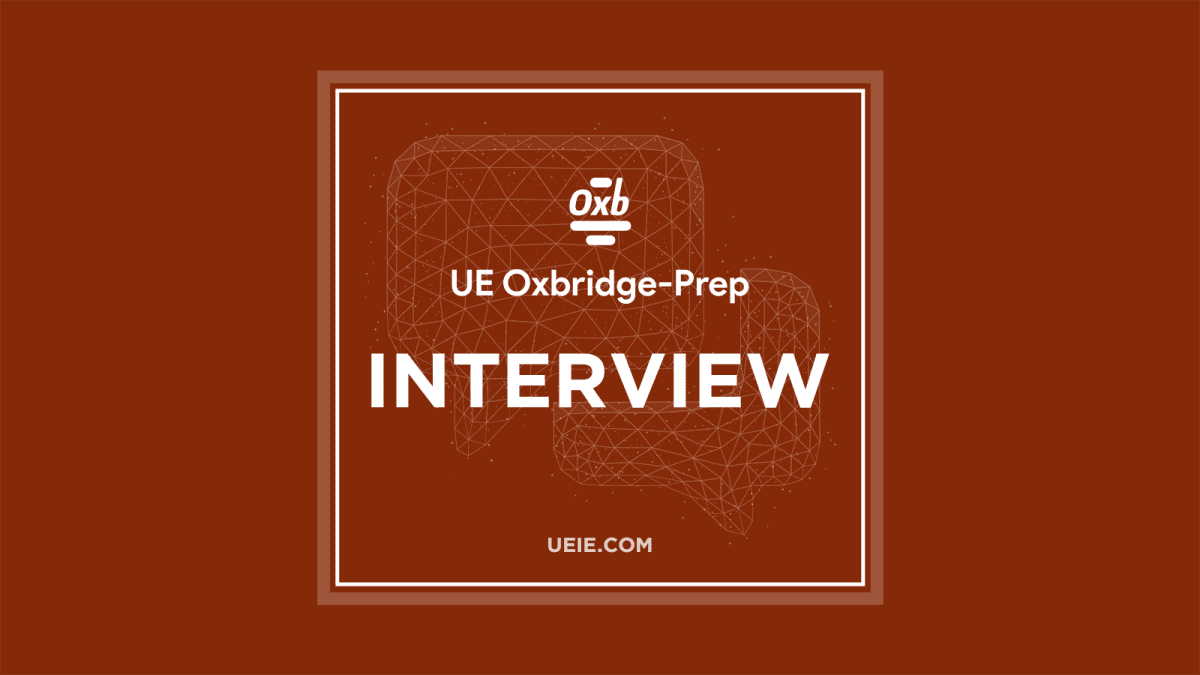I. Common Knowledge to Oxbridge Economics Admissions
1. Choose Either Oxford or Cambridge
You can only apply to only one course of either Oxford or Cambridge in a same academic year, rather than applying to both the two universities.
2. Apply Through the UCAS
- You are required to submit your application through the UCAS (Universities and Colleges Admissions Service), which serves as the official admissions platform for universities and colleges in the UK.
- You are only allowed to list up to 5 course choices.
II. Timeline for Oxbridge Economics Courses
Timeline for 2025 Entry
2024
June|September | Preparing for the ApplicationChoosing Your Course
Writing Your Oxbridge Economics Personal Statement Preparing Your Academic Reference Choosing Your College |
August1 | Registration for TMUA Exam BeginsCambridge economics course applicants |
September3 | UCAS Application Opens
2025
III. How to Choose an Oxbridge Economics Course?There are three economics-related courses at the University of Oxford:
Cambridge University offers two economics-related courses:
IV. What Are the Oxbridge Economics Admission Requirements?1. General Admission Requirements for Oxford Economics CoursesThe requirements below only discuss the Oxford PPE (Philosophy, Politics, and Economics) and Economics and Management courses, which students from China more commonly apply.
2. Oxford's Official Statement on Reference Criteria for AdmissionExpectations of the Oxford Economics and Management
3. General Admission Requirements for Cambridge Economics CoursesThe table below lists the general admission requirements (partial) for Cambridge’s Economics and Land Economy courses.
4. Cambridge's Official Statement on Reference Criteria for AdmissionExpectations of the Cambridge Economics
Cambridge places the highest value on applicants’ academic performance. All other factors serve as references to measure whether an applicant can be admitted. Based on feedback from former students and what admissions officers emphasize, the main focus is still on students’ mathematical ability and thinking skills. Key Data Provided by the Cambridge Economics Department
The conclusion of the above data is as follows: 87% of students studying A Level achieved A*A*A* or above. On the other hand, the percentage of students taking respective courses is 93% for Economics, 93% for Further Mathematics, and 86% for both Economics and Further Mathematics. Meanwhile, the majority of IB students scored at least 44 points (HL 777) or above. Key Data Provided by the Cambridge Economics Department
The conclusion of the above data is as follows: 67% of students studying A Level achieved A*A*A* or above. The majority of students took Economics and Mathematics, while most IB students scored at least 43 points or above. Therefore, it is recommended and essential to look at the statistics and information provided by the Univerisity of Cambridge rather than relying on general admission requirements. Many people say it’s easier to apply for Land Economy at Cambridge because there are fewer applicants than Economics. Is that really the case? Let’s analyze the admission statistics from previous years. V. Application Process and Required MaterialsThe application process of applying to Oxbridge economics courses is not complicated. There are some important details you need to know and materials to prepare before applying. 1. Materials Required for UCAS ApplicationWhen applying to Oxford or Cambridge through UCAS, you must confirm or submit the following information:
1. Materials Required for UCAS ApplicationWhen applying to Oxford or Cambridge through UCAS, you must confirm or submit the following information:
2. Differences between the Application Processes for Oxford, Cambridge, and Other UK UniversitiesThe application process of applying to Oxford and Cambridge through UCAS is similar to other universities in the UK, with the exception of certain courses and circumstances. However, there are a few important points to know:
3. Official Undergraduate Application Process for the University of Cambridge
Play Video
4. Official Undergraduate Application Process for the University of OxfordPart 1: What Oxford is Like
Play Video
Part 2: How to Apply
Play Video
Part 3: Preparing
Play Video
5. Language Proficiency and High School GradesLanguage proficiency does not need to meet the admissions requirements before the UCAS application deadline of October 15, 2024, but only the admissions requirements of the relevant courses before August 31, 2025. What’s more, predicted high school grades need to be submitted before October 15th. This score is one of the critical factors for Oxbridge admissions reference. 6. Open Application (Choosing a College)It can be difficult for you to choose a college from the pool of 30 colleges at both Oxford and Cambridge. Therefore, if you are not that confident or do not care which college to apply to, you can choose an open application on UCAS.
Click the link below to view our blogs about Oxbridge colleges and how to choose a college in Oxbridge. 7. Oxbridge Economics Personal StatementsAs a part of the UCAS application process, every student is required to submit an application essay, also known as a personal statement (PS). The Oxbridge economics personal statement serves as a tool for universities to better understand students’ interests in the subject and course. It also allows students to better understand their academic interests and motivations. Typically, the Oxbridge economics personal statement should encompass the following aspects:
Click on the link below for more guidance on composing an economics personal statement and official suggestions from Oxford, Cambridge, and UCAS. 8. Academic ReferencesAcademic references (academic references at Oxford and school/college references at Cambridge) provide universities with a better understanding of a student’s abilities and potential. Admissions officers use these references to assess whether a student’s academic capabilities are suited for the chosen course and if they can adapt to the university’s learning environment. As a crucial component of the UCAS application, universities typically prefer academic references submitted by school teachers or individuals who can provide authoritative insights into a student’s academic background. Please note that academic references must also be submitted before the application deadline on October 15th. 9. TranscriptsTo find out if you need to submit the transcript when applying to the University of Cambridge, you should check the official Cambridge guidelines in the section “Completing My Cambridge Application“. VI. What Preparation is Needed for Applying to Oxbridge Engineering?1. Preparing for the Oxford TSAStudents applying for Economics and Management, PPE, and History and Economics at Oxford must take the TSA (Thinking Skills Assessment) exam. (Students applying for History and Economics must also take the HAT exam.) Please refer to the blog for comprehensive understanding and preparation suggestions for Oxford TSA exams. 2. Preparing for the Cambridge TMUATMUA is required for students applying for computer science at Cambridge, which is a mathematics test. On the other hand, many other universities in the UK require TMUA for mathe-related courses except for Cambridge. Preparing for the TMUA exam for 2-4 months is recommended, and the specific preparation time should also consider the student’s academic workload, holiday activity arrangements, etc. But the sooner you start preparing, the better. Please refer to UE’s blogs for a comprehensive understanding and suggestions for preparation for the Oxford TMUA exams. 3. Interview PreparationIt is advisable to start a mock interview before receiving the invitation. Conduct at least six mock interviews covering various possible question types, scenarios, and topics, which will help improve your on-the-spot response speed and achieve the best interview results. Check our blog about Oxbridge interview preparation. 4. Academic Research ProjectsMore and more students have been participating in university academic research projects in recent years. Experience engaging in academic research and excellent academic achievements can significantly enhance your personal statement and boost your competitiveness when applying to Oxbridge economics courses. Online research project topics are continuously updated. For more details, please refer to
While preparing for exams and personal statement can take up a significant amount of time, it is still advisable for you to engage in extracurricular reading. Typically, you are encouraged to read two deeply and broadly read more than ten books related to your chosen field. Extracurricular reading can enrich the material for writing your Oxbridge economics personal statement, making it more appealing. 6. Oxford and Cambridge Summer SchoolsMany summer schools have unique selling points, but not all are worth it, especially regarding teaching staff. Therefore, it is recommended for students to attend summer school with reasonable fees because the purpose is to enhance and get a taste of learning methods at Oxbridge. You can refer to our blog about the summer school of Brasenose College from Oxford. 7. Oxford and Cambridge Open DaysBoth Oxford and Cambridge Universities have open days for students to learn about and visit their preferred universities and colleges in advance. For Oxford University, 2024 undergraduate Open Days will be held on 26 and 27 June and 20 September. And for Cambridge University, currently published undergraduate Open Days will take place on Thursday 4 July and Friday 5 July 2024. For more about the open days and other related events, please check the official websites of Oxford and Cambridge for detailed information. Please refer to the following resources for more information on applying to maths courses at Oxford and Cambridge. Attached: Recommended Readings for Oxbridge Economics CoursesThe Cambridge Economics Department has recommended some readings that help broaden the perspective on economics, but there is no need to purchase these books before being admitted to Cambridge University. The official stance from Cambridge is that they hope you will select some of these to read. 1. Recommended Reading for Economics Course
Author:Douglas C. Giancoli
Publisher:OxfordUniversity Press Year:2007 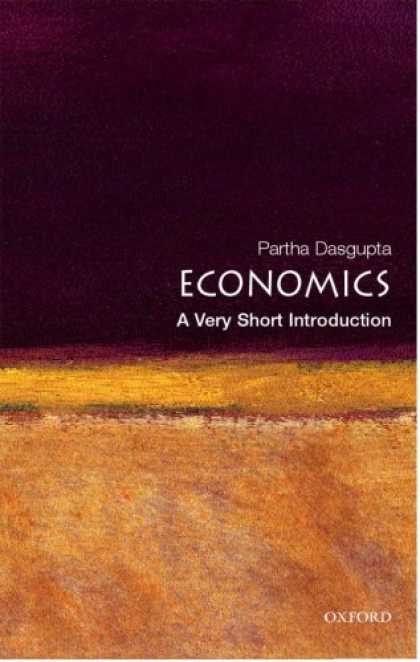
Author:DaniRodrik
Publisher:OxfordUniversity Press Year:2017 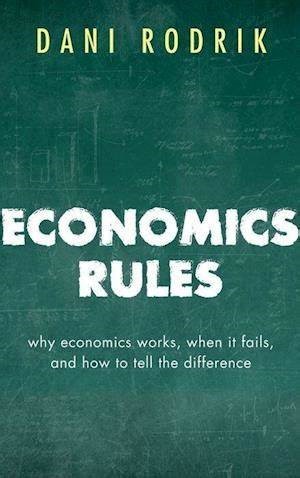
Author:Hal R. Varian
Publisher:W. W. Norton &Company Year:2014 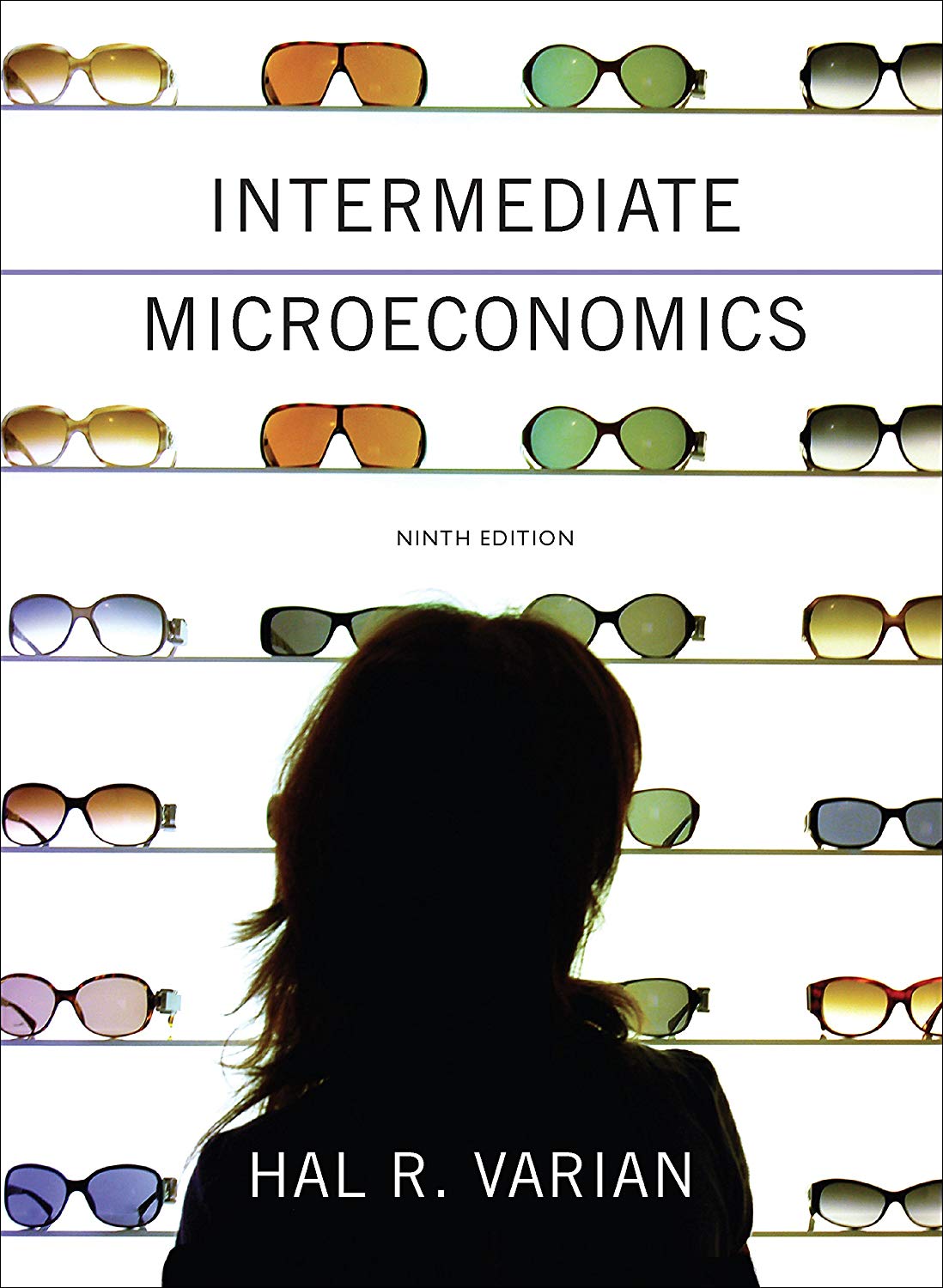
Author:Charles I. Jones
Publisher:W. W. Norton &Company Year:2016 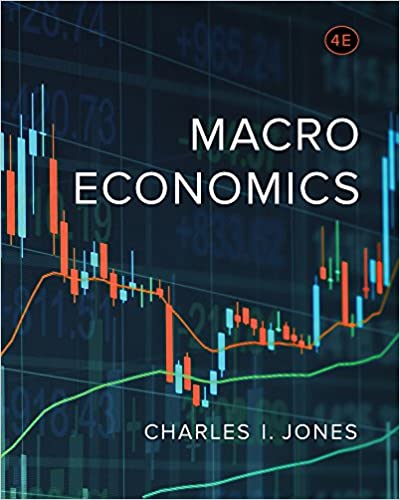
Author:Douglas Lind,William Marchal, Samuel Wathen
Publisher:McGrawHill Year:2020 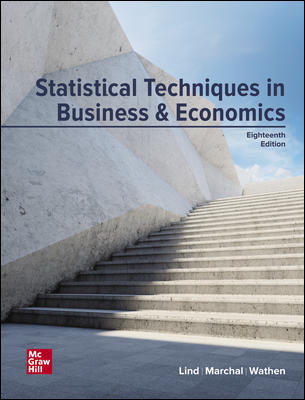
Author:Knut Sydsaeter, Peter Hammond, Arne Strom, Andrés Carvajal
Publisher:Pearson Year:2016 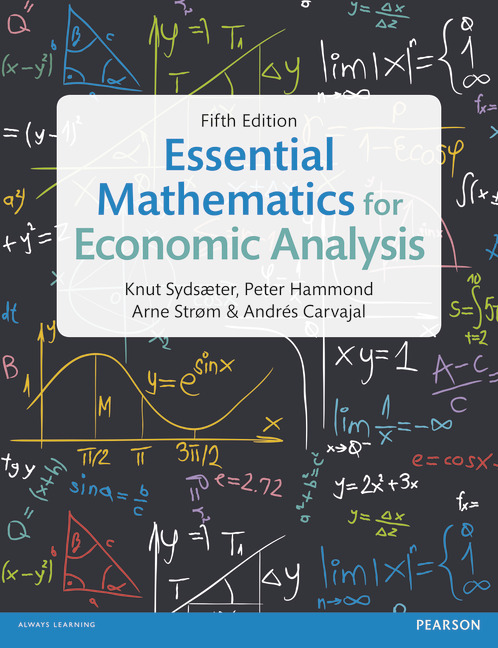
Author:Joel Mokyr
Publisher:Princeton Year:2018 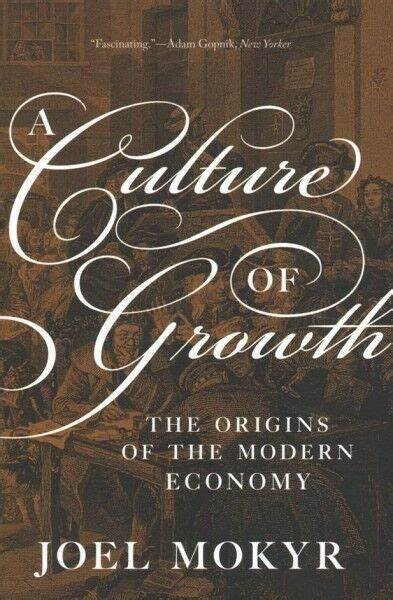
Author:Sheldon M. Ross
Publisher:Academic Press Year:2010 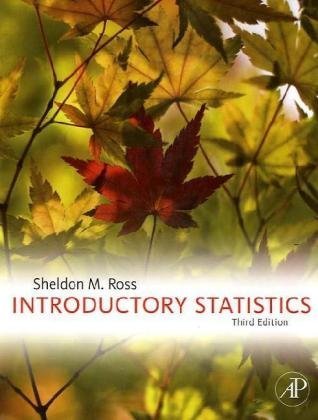
Author: Mankiw, N. G. and M.P. Taylor
Publisher: Cengage Learning Year: 2014 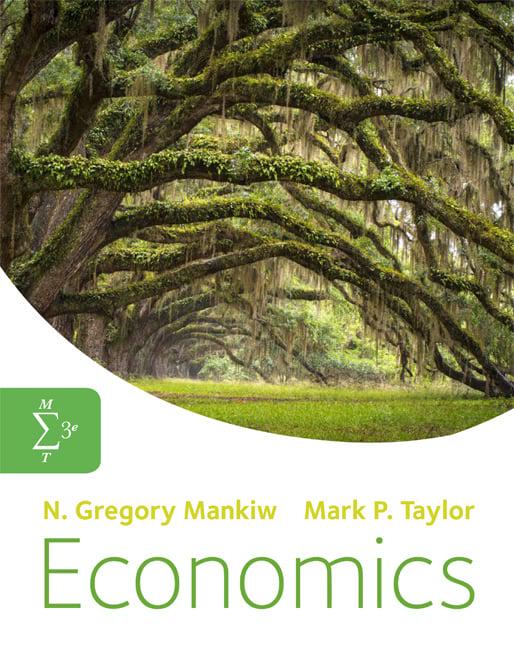
Author: Chang, H-J
Publisher: Palgrave Macmillan Year:1994 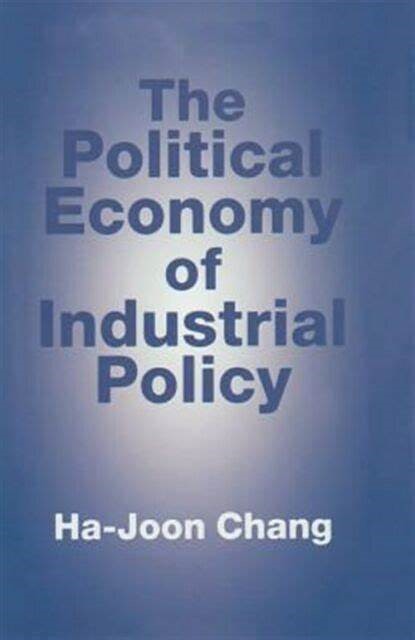
Author: Faucher-King, F and P Le Gales
Publisher: Stanford University Press Year: 2010 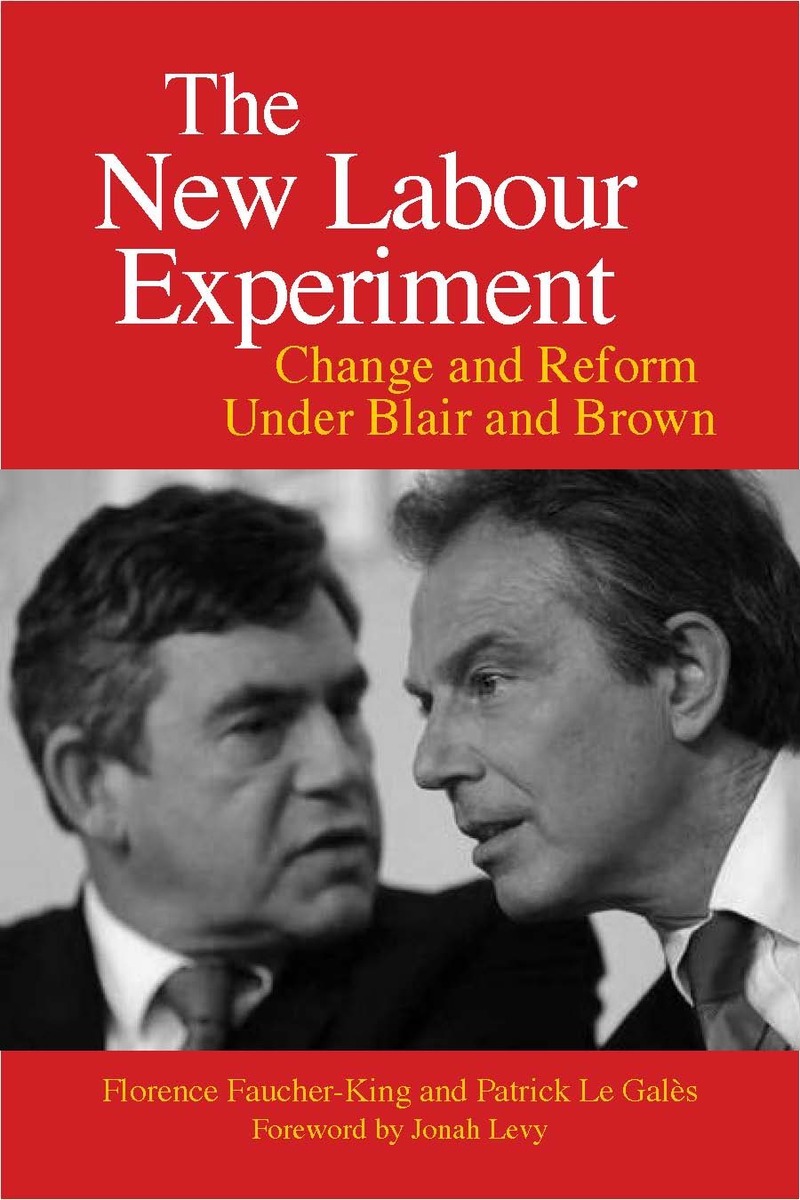
Author: Kavanagh, D and P Morris
Publisher: Blackwell Year: 1994 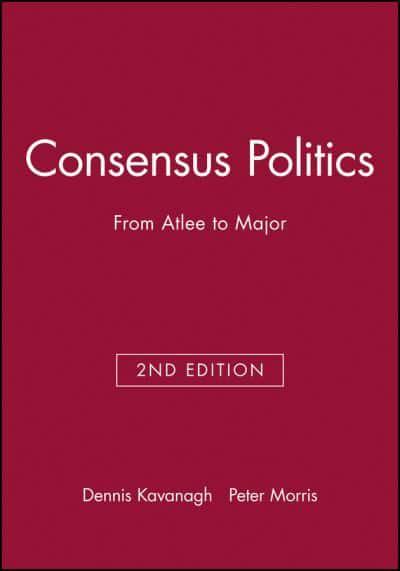
Author: North, D
Publisher: Cambridge University Press Year: 1990 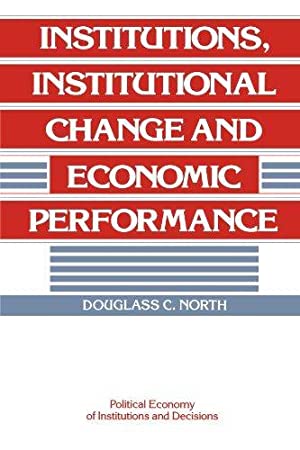
Author: Floud, R., Humphries, J. and Johnson, P.
Publisher: Cambridge University Press Year: 2015 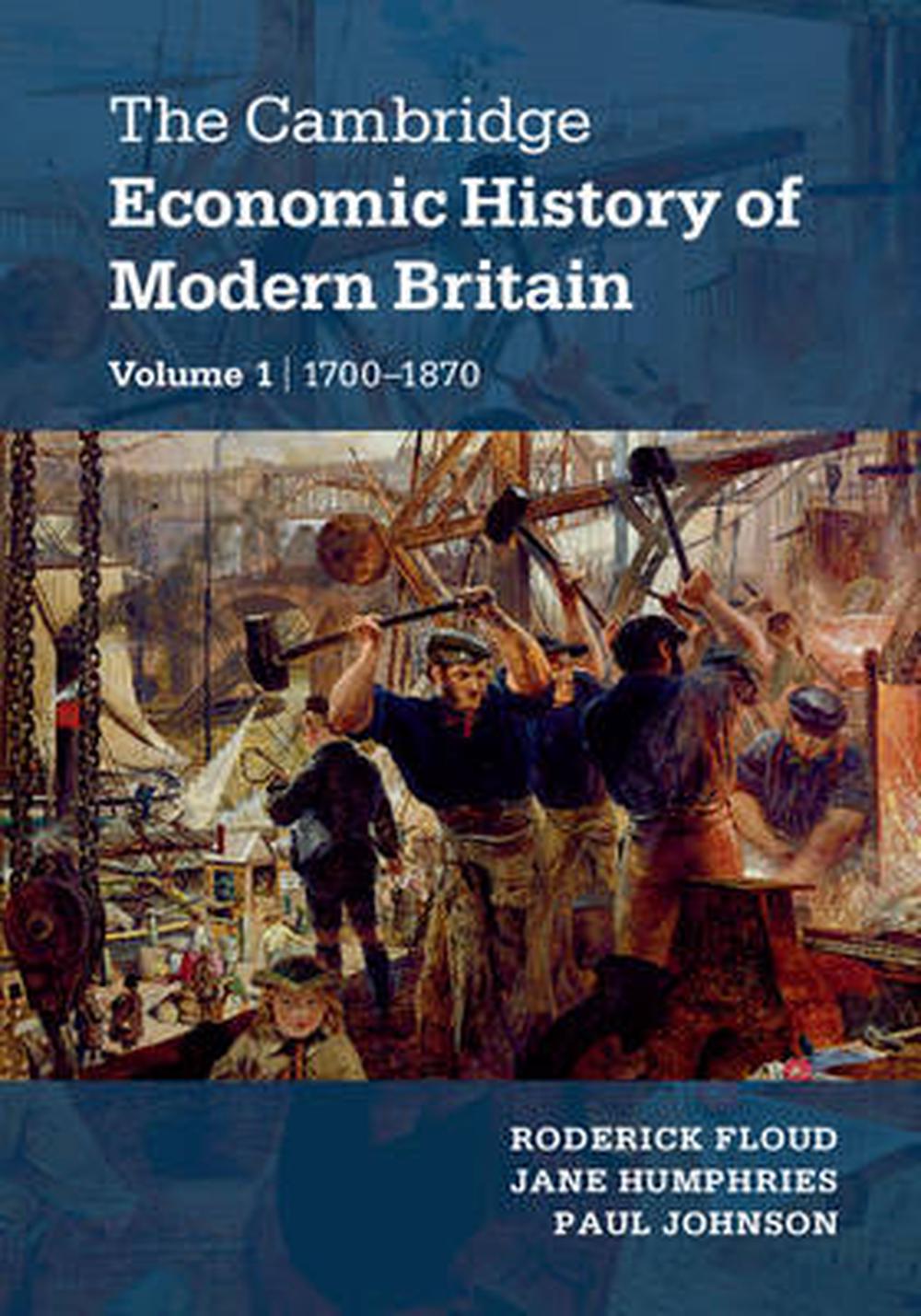
Author: Allen, R. C.
Publisher: Cambridge University Press Year: 2009 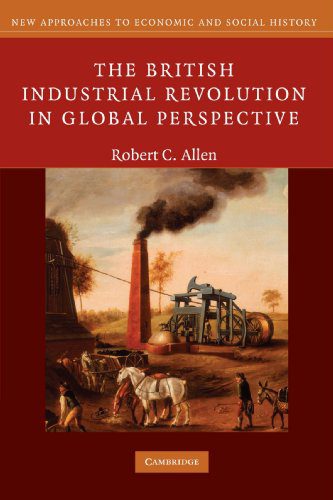
Author: Pemberton, M and N Rau
Publisher: Manchester University Press Year: 2015 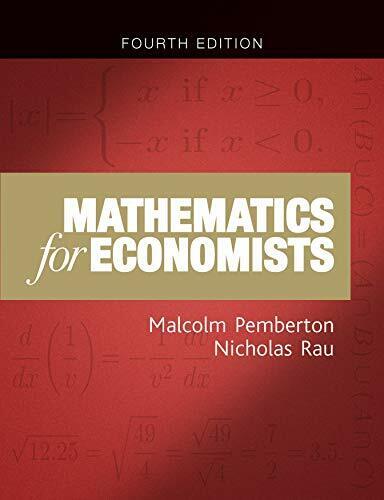
Previous
Next
2. Recommended Reading for Land Economy Course
Author:Allan Hutchinson
Publisher:Cambridge University Press Year:2011 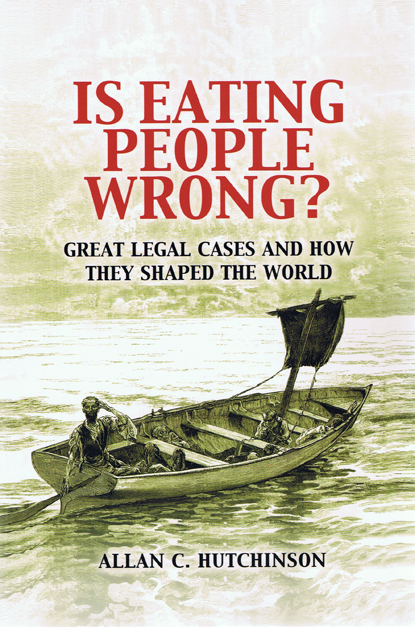
Author:Catherine Barnard, Janet O’Sullivan and Graham Virgo
Publisher:Hart Publishing Year:2011 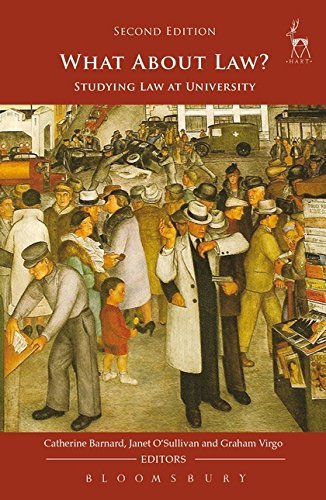
Author:Julian Le Grand and Carol Propper
Publisher:Red Globe Press Year:2008 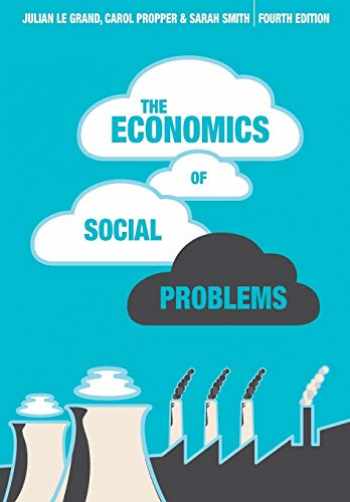
Author:Tim Harford
Publisher:Random House Trade Year:2007 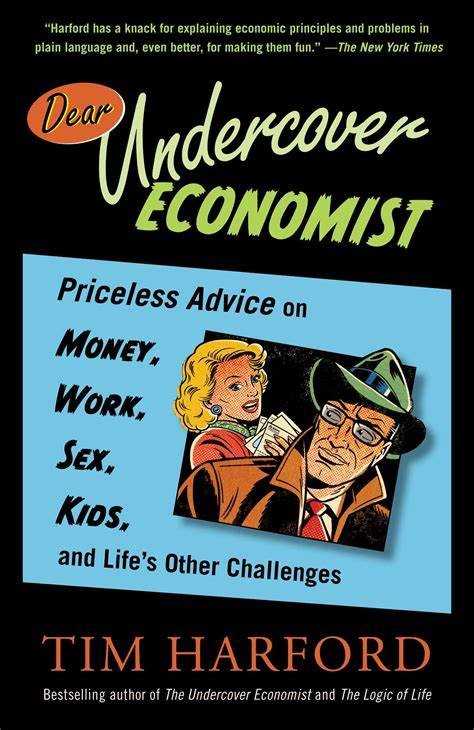
Author:George Monbiot
Publisher:University of Chicago Press Year:2017 
Author:Peter Hall
Publisher:Wiley-Blackwell Year:2014 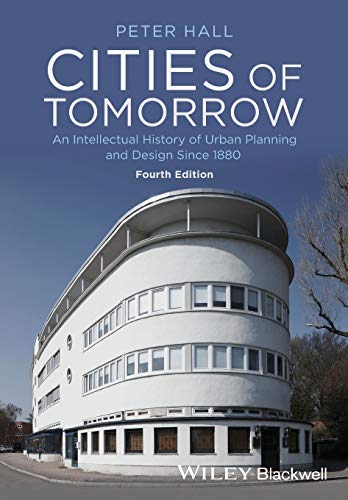
Author:Daron Acemoglu and James A. Robinson
Publisher:Currency Year:2013 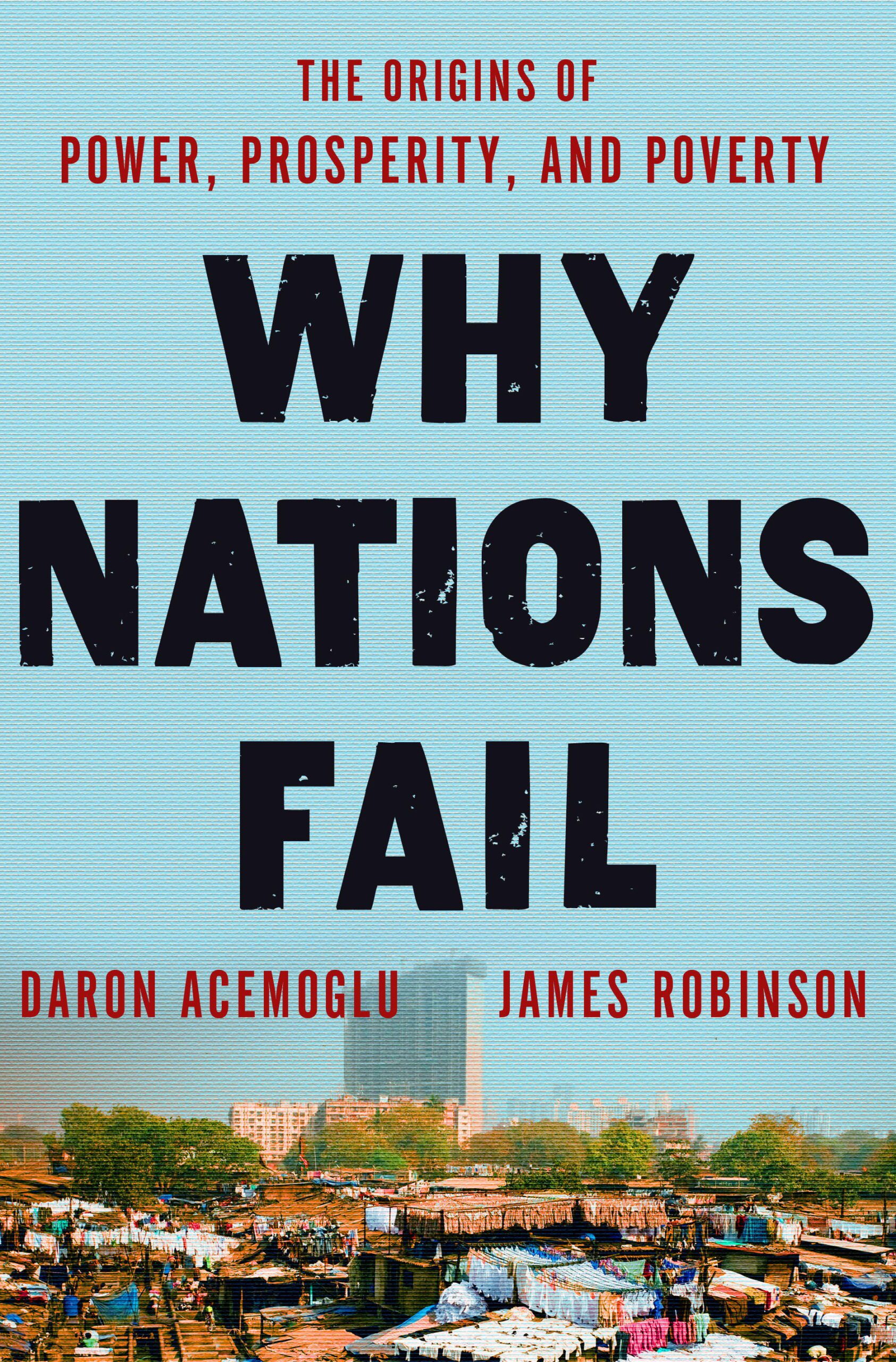
Author: Jane Jacobs
Publisher: Penguin Books Year: 1992 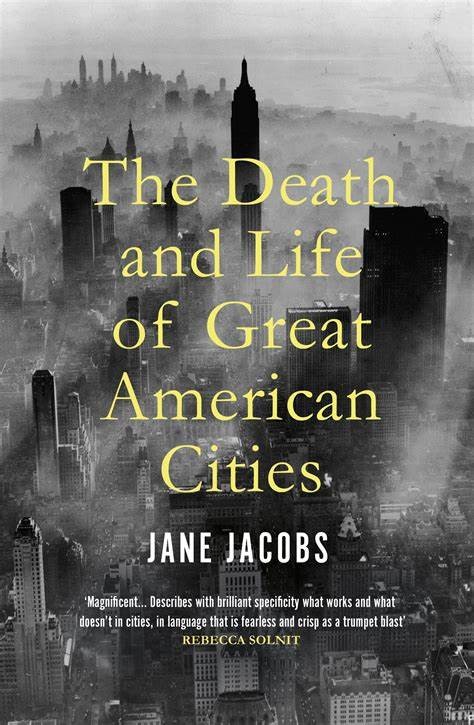
Author: Edward Glaeser
Publisher: Penguin Random House Year: 2012 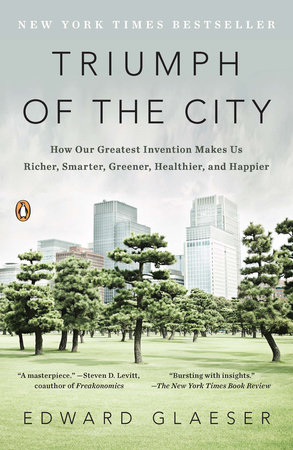
Previous
Next
Follow Us on Wechat Your amount to pay has been updated
The previous conversion quote has expired. Here is your new quote:
Total
$
You Pay
Back to checkout
Place Order
|

